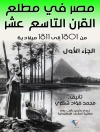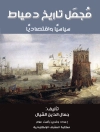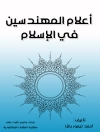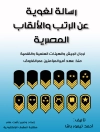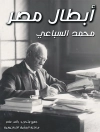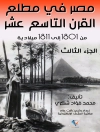Essay from the year 2012 in the subject History – Miscellaneous, grade: 78%, University of Exeter, language: English, abstract: The religious and constitutional struggle of the Thirty Years War was one of the longest and most destructive conflicts in modern history. The period leading up to the war was characterised simultaneously by an extreme piety and increasing confessional divide in the empire, yet in its numerous theological, political and legal forms, the confessional conflict alone cannot be considered the sole cause of the conflagration. A myriad of structural factors led to the disabling and ultimately destructive breakdown of the Imperial constitution by 1618. Socio-economic considerations and various political factors are emphasised to varying degrees by historians from differing backgrounds and schools of thought. The historiographical debate identifies several potential groups to blame in causing the crisis, highlighting either the rivalry between the territorial princes for dominance in the Empire, or the continuous power struggle between the princes and the Emperor. The outbreak of war must also be seen within the political context of European power politics, as the Habsburgs and Bourbons struggled for supremacy on the continent, whilst the Protestants represented an increasingly powerful bloc in northern Europe, threatening the status quo of Habsburg peripheral empires. The precarious balance of power was maintained only by the antiquated structures of the Holy Roman Empire. Under severe internal and external strain, it merely required a final spark, which it found in Bohemia.
David Machin
Main causes of the Thirty Years War [PDF ebook]
Main causes of the Thirty Years War [PDF ebook]
Mua cuốn sách điện tử này và nhận thêm 1 cuốn MIỄN PHÍ!
Ngôn ngữ Anh ● định dạng PDF ● Trang 13 ● ISBN 9783656559726 ● Kích thước tập tin 0.4 MB ● Nhà xuất bản GRIN Verlag ● Thành phố München ● Quốc gia DE ● Được phát hành 2013 ● Phiên bản 1 ● Có thể tải xuống 24 tháng ● Tiền tệ EUR ● TÔI 3983271 ● Sao chép bảo vệ không có


